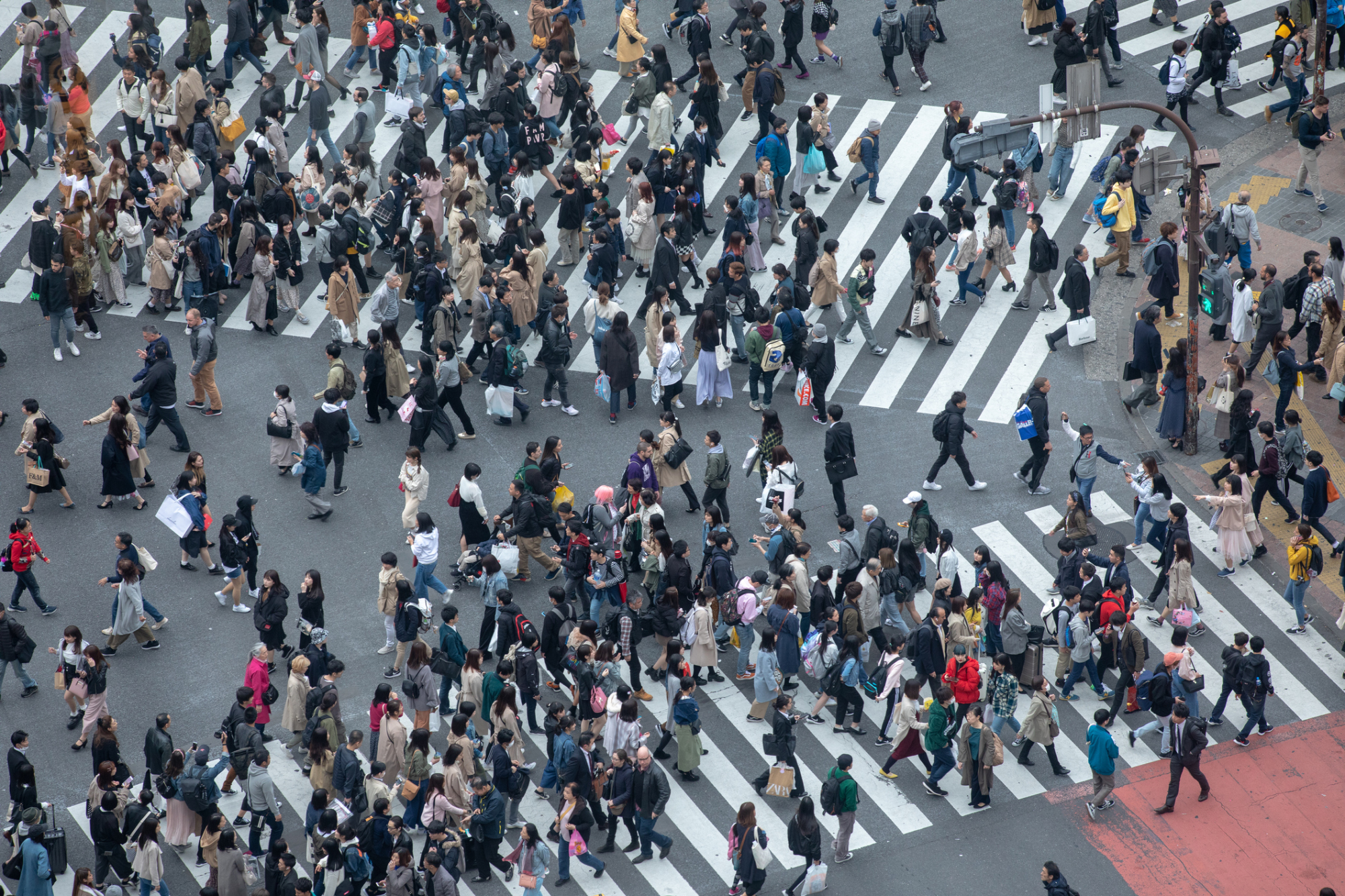 Hi! My name is Danna and I’m a Global Studies major with possible minors in Non-Profit Administration and Theater. My family is originally from Oregon, but we’ve lived overseas my whole life, and this is technically my first time living in America. Because everyone always wants to know where I’ve lived, here’s a quick rundown: I was born in Dubai, then we moved to Oman, then the Czech Republic, then Costa Rica, then Israel, then Japan, then England, and now I’m here. If I had to pick a favorite place to live, it would definitely have to be either London or Tokyo because they are both such unique and exciting cities to live in. I love traveling and I hope to eventually work in Latin America as part of a non-profit organization when I’m older.
Hi! My name is Danna and I’m a Global Studies major with possible minors in Non-Profit Administration and Theater. My family is originally from Oregon, but we’ve lived overseas my whole life, and this is technically my first time living in America. Because everyone always wants to know where I’ve lived, here’s a quick rundown: I was born in Dubai, then we moved to Oman, then the Czech Republic, then Costa Rica, then Israel, then Japan, then England, and now I’m here. If I had to pick a favorite place to live, it would definitely have to be either London or Tokyo because they are both such unique and exciting cities to live in. I love traveling and I hope to eventually work in Latin America as part of a non-profit organization when I’m older.

The country that I have chosen to focus on this term is Japan. As mentioned before, I did live in Japan for three years, so I already have a certain level of familiarity with the culture and politics of Japan. However, I did live there when I was in middle school, so I feel that my ability to understand Japan’s global connections and its place on the world stage was significantly limited which is why I am greatly looking forward to being able to continue to expand my knowledge on Japan and explore it in relation to new concepts.
Before exploring deeper topics and their connection to Japanese culture and politics, I think it’s important to first form a basis of understanding. Japan (Nihon or 日本 in Japanese) is an island nation in East Asia with a population of about 125.8 million people, making it the 11th most populous country in the world. Its capital, Tokyo, holds about 13.96 million people within an 847 mi² area, making it one of the most densely populated city in the world. Japan has been a democracy since 1947, replacing the sovereignty of the emperor of Japan with a Prime Minister, a Department of Justice, a House of Representatives, and a House of Councilors. This is a dramatic shift from the previous governmental structure of Japan as outlined by the Meiji Constitution which granted full sovereignty of the state to the emperor. Now, the emperor acts as solely a symbol of traditional Japanese culture and history and holds formal appointing duties. This shift in governmental structure can be attributed to globalization and the effects of cosmopolitanism as the increased contact to the Western world led to the adoption of many of their political beliefs. This can be seen as a possible negative consequence of cosmopolitanism which, although it does pride itself on inclusivity and cultural diversity, often leads to the erasure of traditional beliefs through the adoption of more mainstream Western ideologies. However, globalization has also served to greatly benefit Japan’s economy as the previously isolated island nation has become incredibly involved in global trade and currently has a GDP of about 5 trillion USD, making it the third largest in the world.
Sources:
https://www.britannica.com/place/Japan/Government-and-society
https://www.worldometers.info/world-population/japan-population/
https://worldpopulationreview.com/world-cities/tokyo-population
https://data.worldbank.org/indicator/NY.GDP.MKTP.CD?locations=JP
https://www.japantimes.co.jp/wp-content/uploads/2019/07/n-population-a-20190711.jpg
